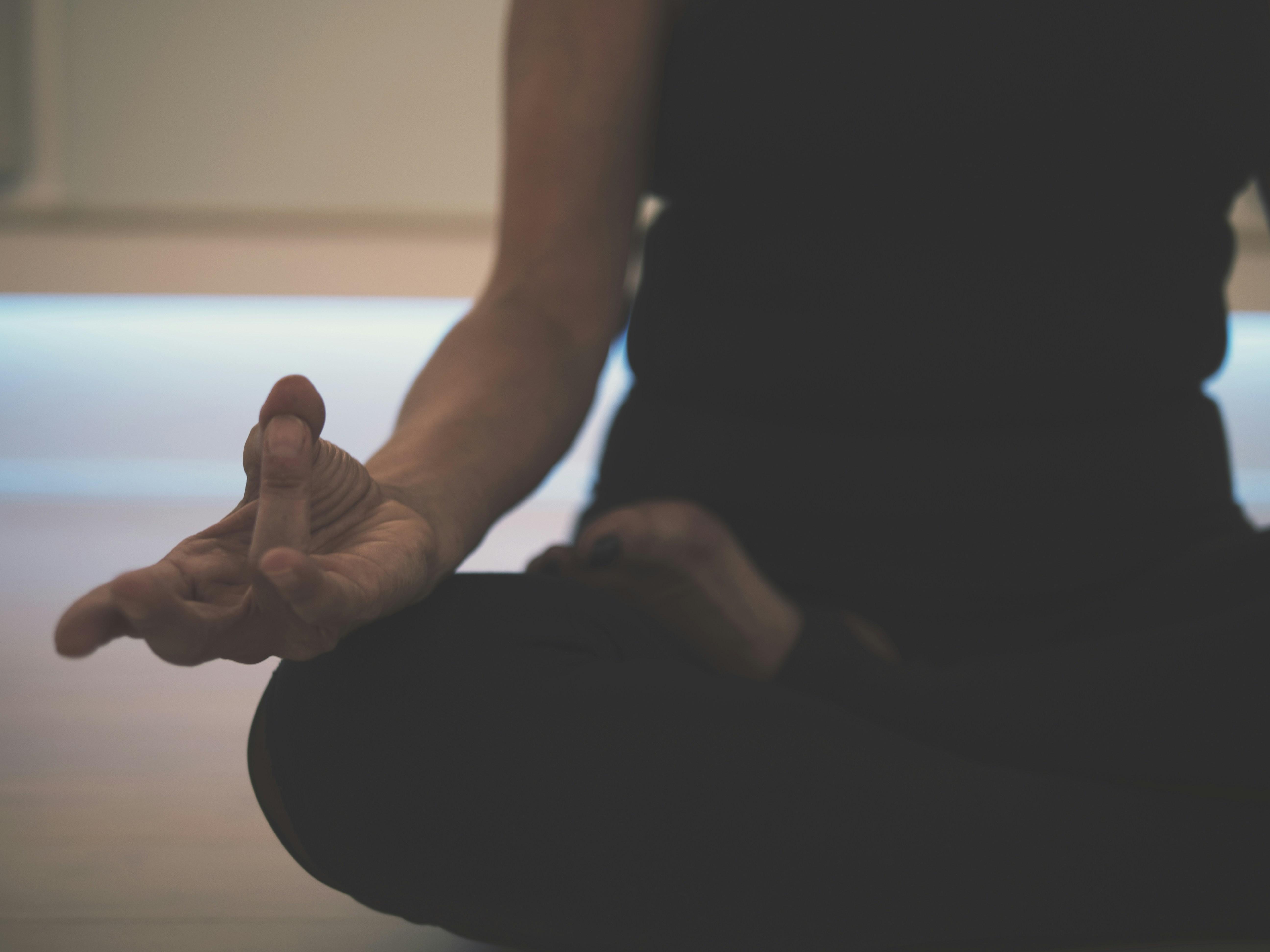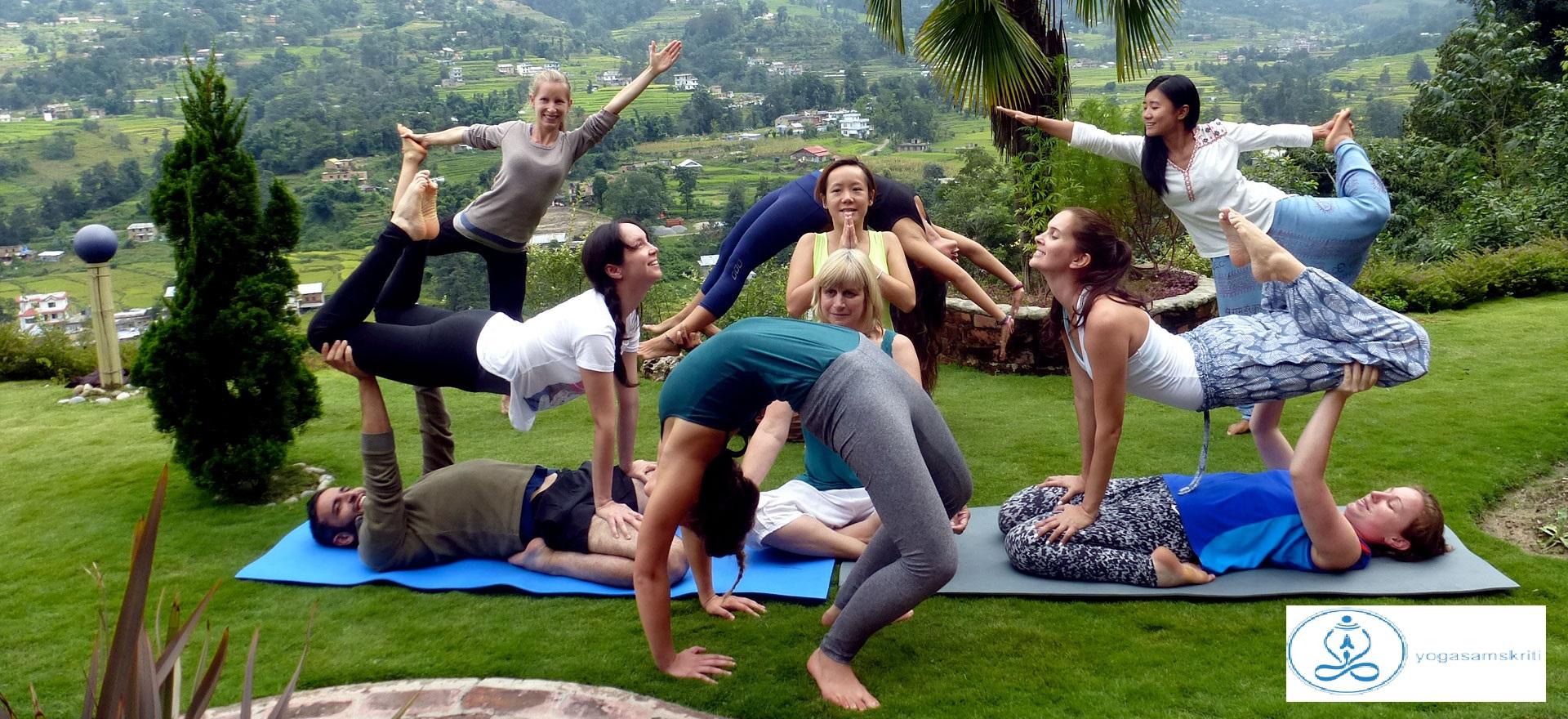In a world increasingly defined by the hum of technology and the rush of daily life, the allure of meditation retreats has surged, offering a sanctuary for those seeking solace and introspection. Yet, as these retreats evolve to accommodate modern sensibilities, a question lingers in the minds of many: Are these contemporary havens true to the mindfulness/” title=”Tracing the Roots of MBCT: A Journey into Mindfulness”>ancient traditions from which they spring? This exploration delves into the heart of meditation retreats as they stand today, juxtaposing their current manifestations with the time-honored practices of yesteryear. As we navigate the delicate balance between authenticity and adaptation, we unravel the threads that bind past to present, inviting readers to contemplate the essence of mindfulness in an ever-changing world.
Tracing the Roots: A Historical Perspective on Meditation Practices
Delving into the rich tapestry of meditation, one discovers a profound journey that traverses centuries and continents. The ancient practices of meditation can be traced back to the early teachings of Hinduism, Buddhism, and Taoism. Hindu scriptures like the Vedas and the Upanishads first introduced meditation as a spiritual exercise aimed at achieving self-realization. In Buddhism, meditation evolved into a core practice, fostering insight and mindfulness, while Taoist traditions viewed it as a means to harmonize the body and spirit with the natural world.
Modern meditation retreats often promise a return to these ancient roots, yet they reflect a tapestry of influences, both traditional and contemporary. While some retreats strive to maintain authenticity by adhering to time-honored practices, others blend elements from various cultures and philosophies. This fusion can include:
- Mindfulness-based stress reduction techniques.
- Incorporation of modern psychological insights.
- Adaptations for secular and urban lifestyles.
Ultimately, the authenticity of modern retreats may not solely rest in their adherence to tradition but rather in their ability to provide individuals with meaningful experiences that resonate on a personal level.

The Commercialization of Mindfulness: Impact on Authenticity
In recent years, the rise of mindfulness as a commercial entity has led to a proliferation of meditation retreats that cater to a global audience. These modern retreats often promise transformative experiences, sometimes at a premium price, drawing interest from those seeking solace from their hectic lives. However, this commercialization raises questions about the authenticity of such experiences. Traditional meditation practices are deeply rooted in cultural and spiritual lineages, often passed down through generations. In contrast, contemporary retreats may prioritize marketability over fidelity to tradition, creating a unique blend that can both dilute and democratize the practice.
- Accessibility: Modern retreats make mindfulness accessible to a broader audience, often stripping away religious or cultural elements to appeal to a secular demographic.
- Adaptation: They may adapt practices to fit Western lifestyles, offering shorter sessions or integrating luxury amenities that can clash with traditional ascetic values.
- Commercial Influence: The influence of marketing and branding can sometimes overshadow the core teachings, with retreats focusing on selling an experience rather than fostering genuine inner growth.
While the commercialization of mindfulness has undoubtedly expanded its reach, it also presents a paradox. The essence of meditation, which traditionally emphasizes simplicity and introspection, risks being overshadowed by consumer-driven motives. This shift challenges practitioners to discern between surface-level experiences and those that genuinely honor the spirit of mindfulness.

Balancing Tradition with Innovation: A Modern Dilemma
The rise of modern meditation retreats, often held in sleek urban settings or exotic locales, has sparked a debate about their fidelity to ancient traditions. These contemporary gatherings frequently incorporate luxurious amenities, such as spa treatments and gourmet meals, alongside traditional meditation practices. While some purists argue that such embellishments dilute the essence of meditation, others suggest that these adaptations are necessary to attract a wider audience in today’s fast-paced world.
- Integration of technology: Apps and virtual sessions are becoming common, offering flexibility and accessibility.
- Diverse practices: Modern retreats often blend different meditation styles, sometimes integrating elements like yoga and mindfulness workshops.
- Focus on wellness: Emphasis on overall well-being, incorporating physical, mental, and emotional health components.
While the debate continues, it’s crucial to recognize that the essence of meditation remains the same: cultivating inner peace and mindfulness. Whether in a mountain monastery or a high-tech urban center, the journey inward holds the potential to transform the practitioner’s life.

Crafting an Authentic Experience: Expert Recommendations for Retreat Seekers
In the quest for genuine meditation retreats, seekers often face the challenge of sifting through a myriad of offerings, each claiming authenticity. Experts suggest focusing on a few key elements that can enhance the authenticity of your retreat experience:
- Historical Context: Look for retreats that emphasize the historical and cultural roots of meditation practices. This might include teachings from experienced practitioners who have studied traditional texts and methods.
- Qualified Instructors: Ensure that the retreat leaders are not only experienced but also well-versed in the traditional practices they are teaching. Their depth of knowledge and personal practice can significantly influence the retreat’s authenticity.
- Environment: Choose locations that are conducive to meditation and reflect the simplicity and serenity often associated with traditional practices. Natural settings can provide an immersive experience that aligns with the essence of meditation.
By prioritizing these elements, retreat seekers can cultivate an experience that not only respects tradition but also resonates deeply on a personal level.
Closing Remarks
As we draw our exploration of modern meditation retreats to a close, we find ourselves at the crossroads of tradition and innovation. These retreats, nestled in serene landscapes or bustling urban centers, offer a tapestry of experiences that weave ancient practices with contemporary needs. Whether they stay true to the roots of time-honored traditions or forge new paths for the modern seeker, their authenticity ultimately lies in the eyes of the beholder. Perhaps the essence of meditation itself—mindfulness, presence, and inner peace—transcends the boundaries of time and adaptation. As we continue our journey, may we carry with us an open heart and a curious mind, ever ready to embrace the old and the new with equal reverence.
